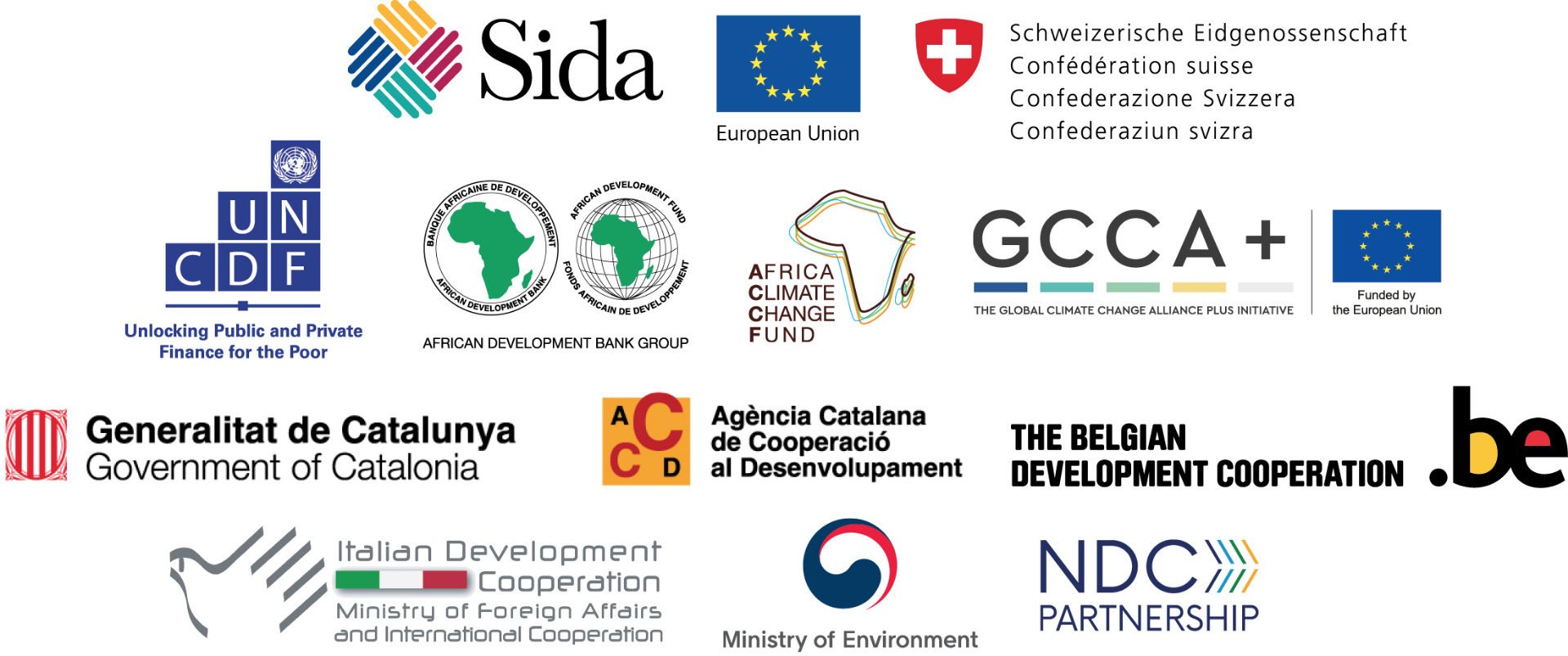LoCAL expands to 29 countries, with many advancing adaptation action in-country
Tags
The Local Climate Adaptive Living Facility is to be implemented in two more African countries, where work is beginning on designs for adaptation actions that meet the needs of their communities. There are now 29 countries across Africa, Asia, the Pacific and Caribbean designing or implementing their LoCAL interventions, with others scaling up activities after securing additional funds that bring the total of resources mobilised to date to over US $125 million.
The governments of Somalia and Zambia have officially expressed interest in implementing LoCAL following discussion with hosts, United Nations Capital Development Fund. This kicks off a period of scoping and design work to see how the countries’ can best adapt to the impacts of climate change in their given context. Among the 29 LoCAL countries, 25 are Least Developed Countries and 19 are in Africa.

I am honoured to welcome our friends in Somalia and Zambia to the LoCAL community, said David Jackson, Director, Local Transformative Finance at UNCDF. “The growing commitment from countries to expand their LoCAL interventions and to sign up to this mechanism is testament to the results it delivers and to the spirit of cooperation and shared learning that comes from being part of this growing community.
Expansion of a global mechanism
UNCDF designed and launched LoCAL pilots in Bhutan in 2010, followed rapidly by Cambodia and a global launch in 2014. Today 17 countries are actively implementing their adaptation activities using the LoCAL model, with 12 more engaged in pre-launch scoping of the necessary conditions for deployment and an assessment of climate risks, that includes engaging with key stakeholders, collecting and analysis data and designing the key elements of the LoCAL mechanism to be deployed to answer country needs. With the accession of Somalia and Zambia a majority of the world’s 46 LDCs are implementing or designing their LoCAL actions. LoCAL has grown in response to strong country demand. In 2021, fund delivery increased by over 60% year on year.
Central to the LoCAL Facility’s success is its use of Performance Based Climate Resilience Grants (PBCRGs) to channel finance to the local level using existing national systems, rather than add-on or external - and ultimately finite - programmes. PBCRGs come with a series of checks and incentives as well as capacity building that together enable local government authorities to develop skills and improve delivery of appropriately adapted climate-resilient services to communities.
Climate finance on the frontline
Following successful completion of the design phase and with the commitment of some US$ 7.4 m in funds from Belgium, Uganda is now moving to Phase I of implementation, putting the scoping analysis to the test with pilot activities in 12 districts. Similarly, Burkina Faso and Malawi are also moving to Phase I implementation following agreements at COP26, with Burkina Faso rolling LoCAL out in three local governments and plans still being finalised in Malawi.
The Gambia is also scaling up activities, applying the lessons learned from the pilot period to move to Phase II implementation in 32 districts. As part of that work, a Local Information System for Adaptation (LISA) has been set up and this month completed a first Climate Risk Assessment Report focusing on food security and climate risk at the local level.
Local governments are on the frontline in dealing with the climate emergency but in developing and Least Developed Countries, Small Island Developing States and much of Africa, they lack the additional resources needed for climate change planning, adaptation and resilient investments. LoCAL implementation also builds the capacity of local government authorities, enabling them to work with new partners to deliver on community needs.
 Mr. Landing Sanneh, Chairman of the Mansakonko Area Council in The Gambia during a recent online event @ COP26 in Glasgow.
Mr. Landing Sanneh, Chairman of the Mansakonko Area Council in The Gambia during a recent online event @ COP26 in Glasgow.
“From our side, the LoCAL intervention has definitely broken that misconception that local government authorities do not have the capacity - giving a new lease of life for partners to come directly to work with local government authorities and get to the intended beneficiaries,” said Landing Sanneh Chairman of Mansakonko Area Council in The Gambia at a recent event, adding of the consultation process with local communities: “[It is] the beneficiaries decide what they want to do”.
Join the LoCAL Network
Visit our site sections
Get LoCAL news in your mailbox
Thanks to our partners:
